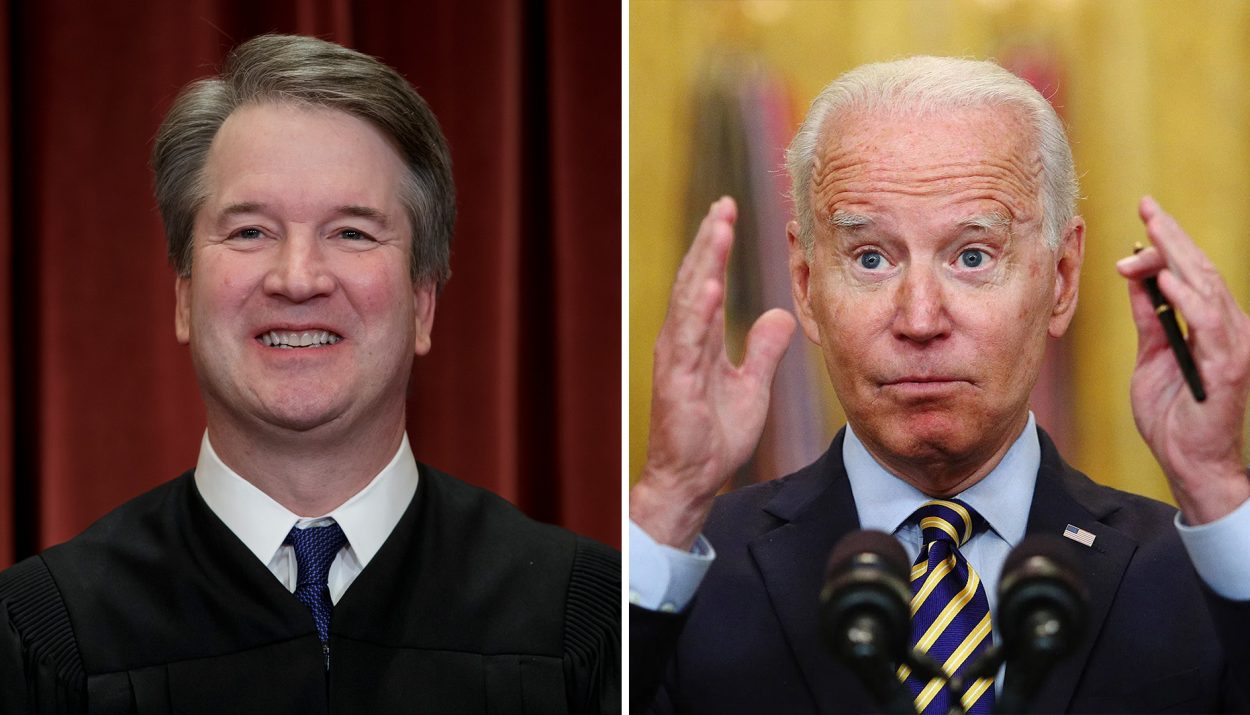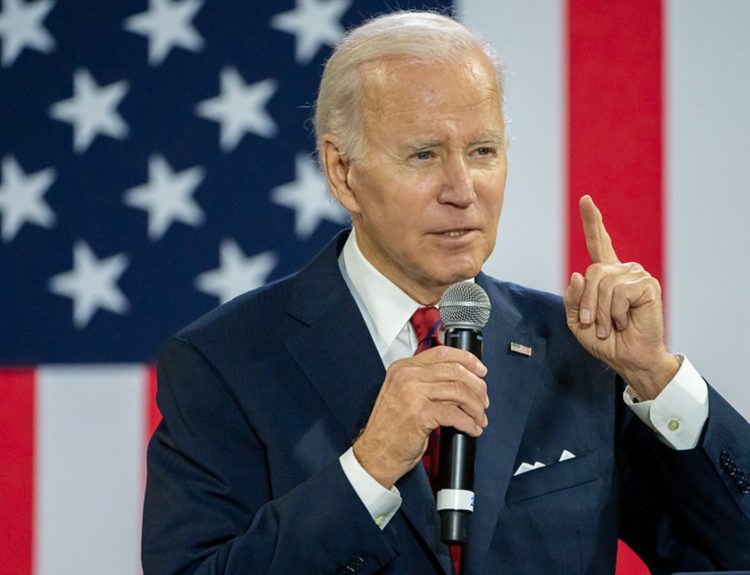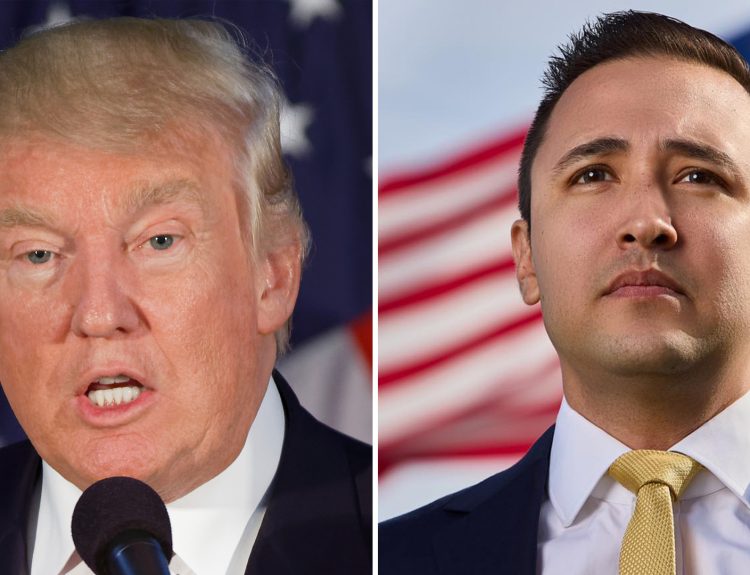Recent developments in the United States federal judiciary have sparked some rumors. It seems like the center-right of the judiciary may be reaching a breaking point with the far-right wing.
All this started when the policy-making body within the judiciary made a special announcement of their intention to actively combat the practice of letting Republican litigants choose who to hear their cases. An act generally known as “Judge Shopping”
A Policy To Combat Judge Shopping
The Judicial Conference of the United States announced a new policy a few days ago. This policy relates to plaintiffs who are hoping to reshape federal and state policies.

Although they have all the right to question these policies, what they can no longer do is choose which judge will hear their case.
The Supreme Court Is Dominated By Dangerous Lawsuits
During this new term The Supreme Court has had the opportunity to hear several cases and some of them are cases from the United States Court of Appeals for The Fifth Circuit.
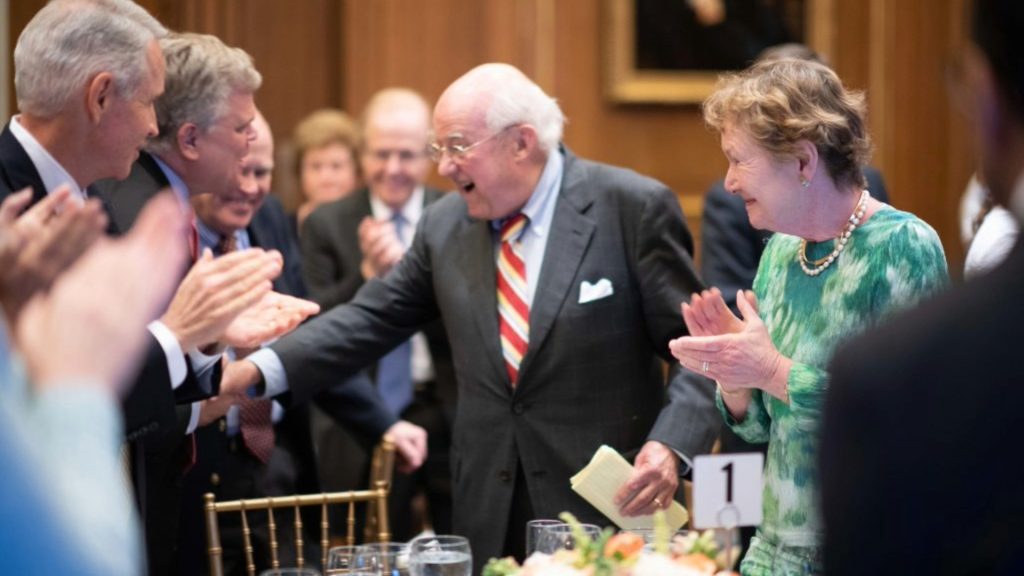
As dangerous as it might seem, the Supreme Court has appeared to reverse rulings from the Court of Appeals. And just so you know, this is where most of the decisions specifically aim to sabotage Joe Biden’s administration.
The Fifth Circuit Case: Murthy V. Missouri
One of the Fifth Circuit cases made its way to the Supreme Court after the Court of Appeals issued a sweeping injunction, a decision stopping the federal government from having any form of interaction or communication with communication/ media companies.
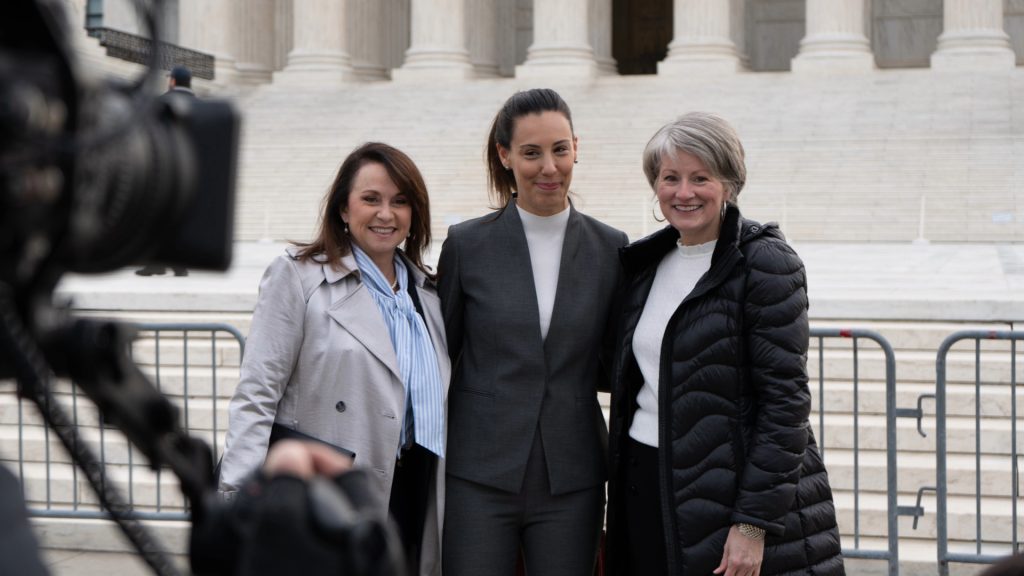
The majority of the Supreme Court justices didn’t seem to support this decision. Specifically, Justice Brett Kavanaugh. To Brett, limiting communications with media companies will only hinder the day-to-day conversations between the two parties.
What Happened In The Murthy V. Missouri Case?
When it comes to First Amendment cases the general rule is that the federal government has no right to forcefully intervene in the contents that a media company has put out. They are not allowed to coerce them into changing their content.
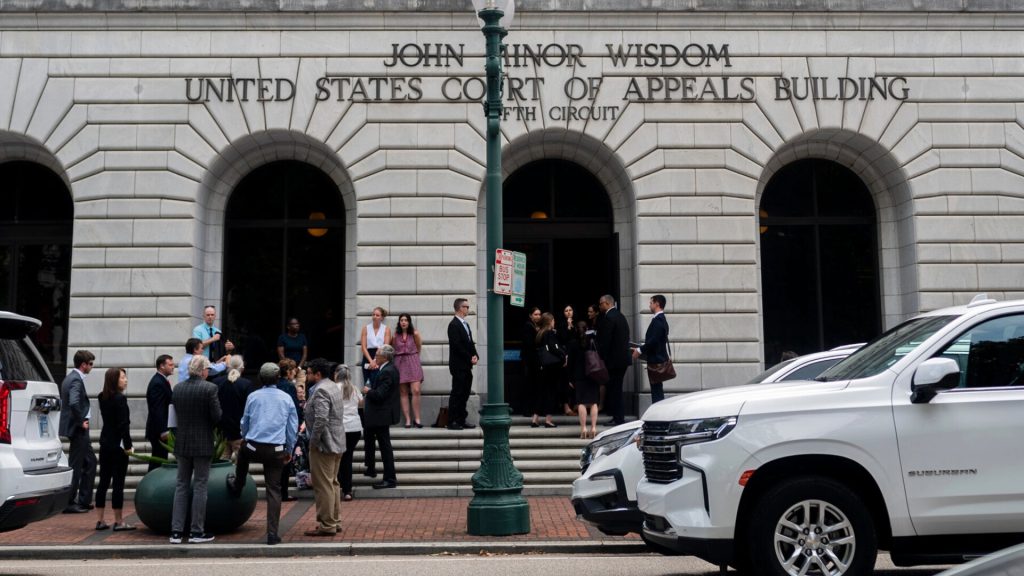
However, what they can do is reach out to those media companies and ask them to alter their content. According to Brett, it is only right that they are awarded this much privilege.
The Officials Outrightly Asked Media Houses To Remove Content
According to the plaintiff, government officials went against the general rule in First Amendment cases and had as much communication with the media companies as possible, even ordering them to remove certain contents and also threatening them.
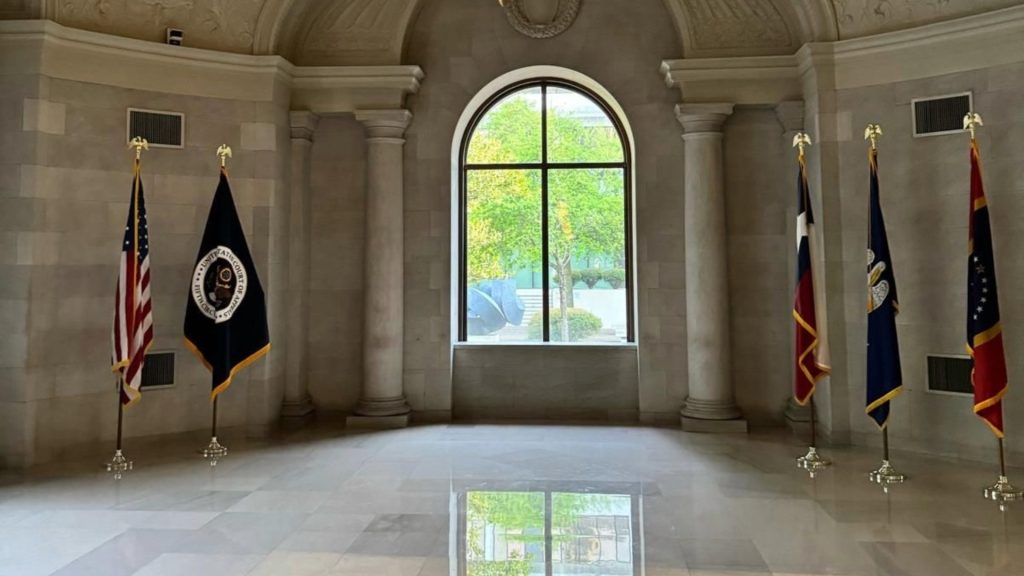
The communication between the government officers and the media companies was based on various topics. While the FBI was asking for information to be removed, on one hand, the Cybersecurity and Infrastructure Security Administration was also asking.
The White House Sometimes Made Requests
Allegedly, the White House sometimes made a few requests. These requests are made when there’s a need for the media company to remove accounts that have impersonated someone from the president’s family.
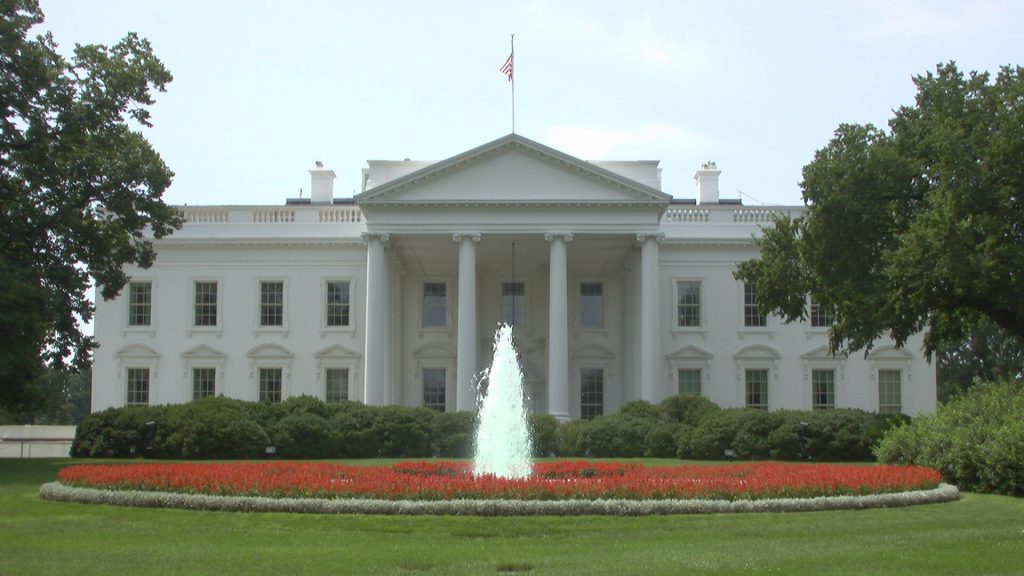
Or during COVID, when they were asked to bring down information that was determined to be false and harmful and could aggravate issues.
Several Individuals Got Upset That Their Content Was Removed
Because of the various interventions between the government and the media companies, a lot of content was asked to be removed and the concerned individuals are upset about it.

The plaintiffs, properly prepared for the lawsuit, have laid several examples where the government officials were bossy and rude to representatives from these companies when they refused to take down their contents.
But The Plaintiffs Couldn’t Identify A Single Example
In the course of the proceedings, the plaintiffs couldn’t successfully bring out strong evidence of when government officials were rude to them or asked them to forcefully take down their content.
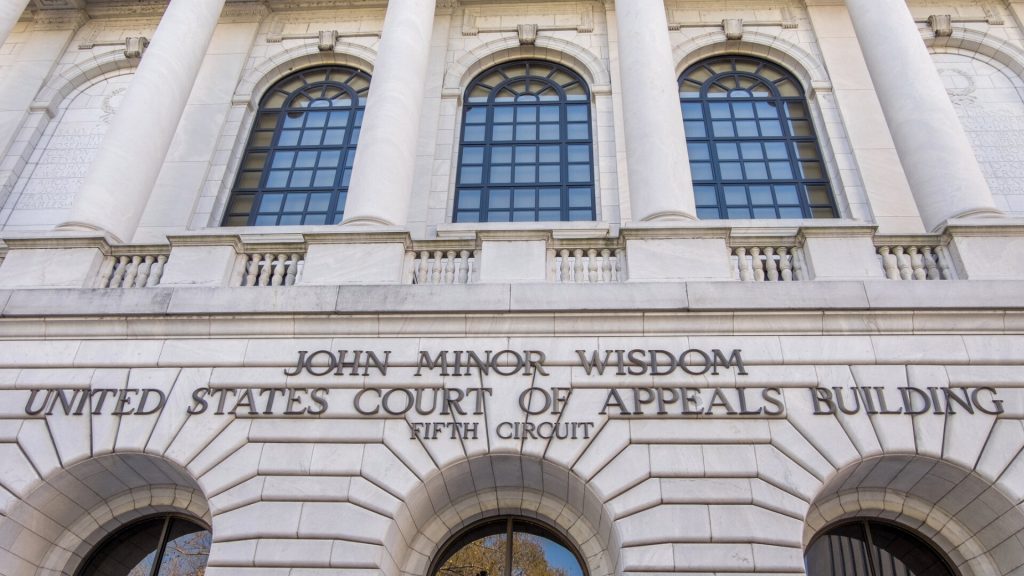
The Fifth Circuit wasn’t bothered about this; instead was more concerned about the government having so many interactions with media companies, claiming that the Biden administration violated the First Amendment and consistently got themselves involved in the business of the media companies.
The Appeal Court’s Unclear Decision
After hearing the case, the appeal court held that the government should stop having multiple and consequential interactions with the media companies.
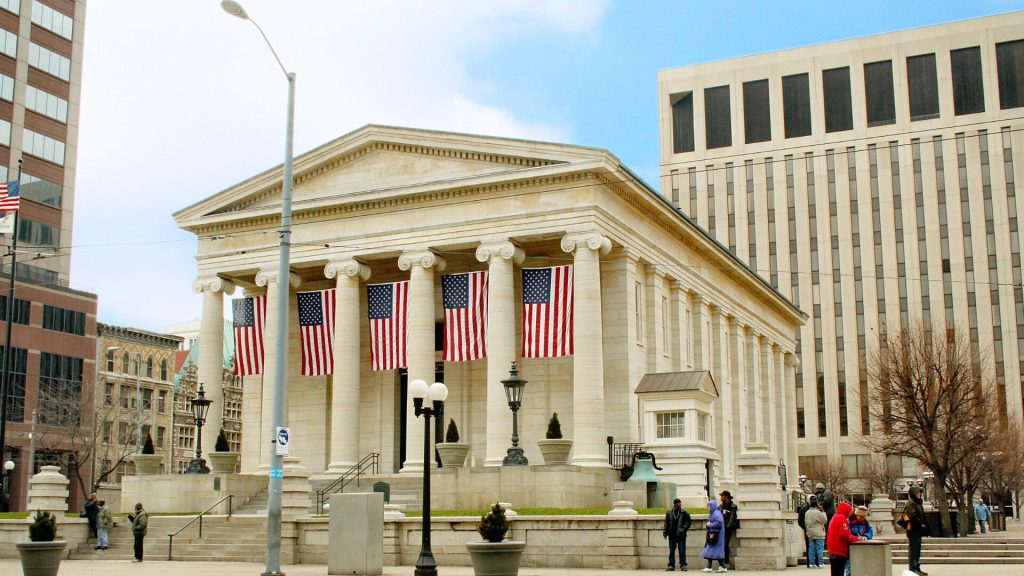
However, it is somehow unclear what this decision even means. How many times can the government interact with the media companies before violating the rules of the Fifth Circuit order? The unclear nature had most of the justices perplexed.
The Justices Are Not Impressed With This Approach
This has been a very frustrating case, and Justices Elena Kagan and Brett Kavanaugh have been frustrated with the Fifth Circuit’s attempt to shut down communications between the government and media companies.
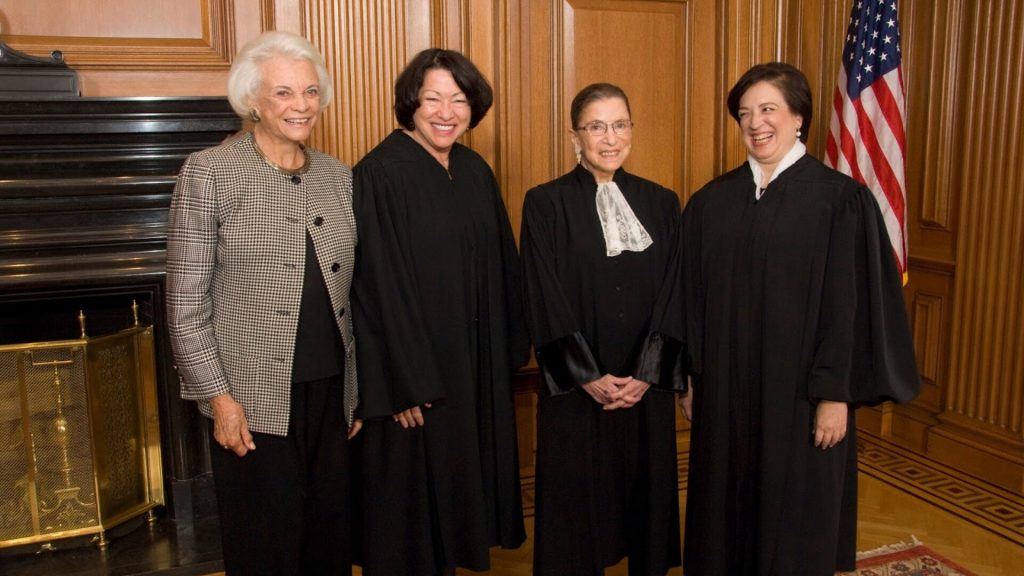
For context, Justice Elena had previously worked with President Bill Clinton as deputy domestic policy adviser and Brett as staff secretary to President George W. Bush, and both were flabbergasted at the thought that the White House could not persuade the media.
Brett Kavanaugh A Trump Appointee Is On The Government’s Side
Brett wasn’t having it and jumped at Justice Samuel Alito who claimed that the government was becoming too demanding towards the media companies. Kavanaugh added that instead of cursing at corporate officials, he has witnessed White House press aides expressing dissatisfaction at most.
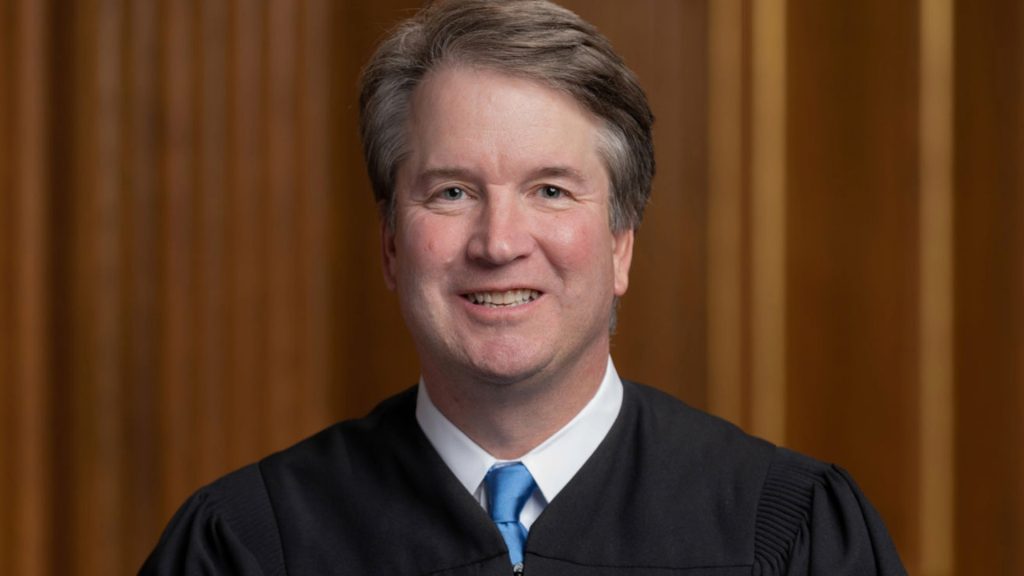
Kegan also added that she had witnessed a lot of rules, but a First Amendment violation when there’s no threat or force is a new one.
Justice Neil Gorsuch Has Reconsidered His Position
When the Murthy case got to the Supreme Court, the presiding Justices tried their best to temporarily block the decision of the Fifth Circuit but had three dissenting opinions. Justice Samuel Alito, Clarence Thomas, and Neil Gorsuch were all in support of completely cutting off communication between the government and media companies.
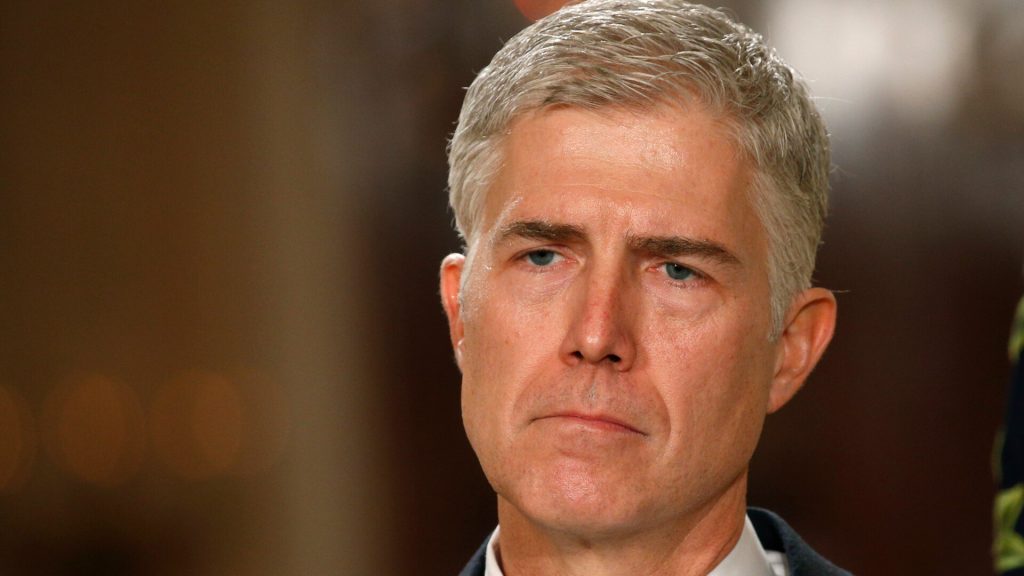
However, after a more detailed look into the case Justice Neil Gorsuch has reconsidered his previous position supporting the Fifth Circuit injunction. Fortunately, he now believes it to be too broad. However, justices Samuel Alito and Clarence Thomas are still in support.
An Important Alliance Between The Court Center Left And Center Right
The alliance between the courts center left and center right is very important to help the government function optimally. Although things look good now, things might change if Trump returns to office and gets to make some changes.
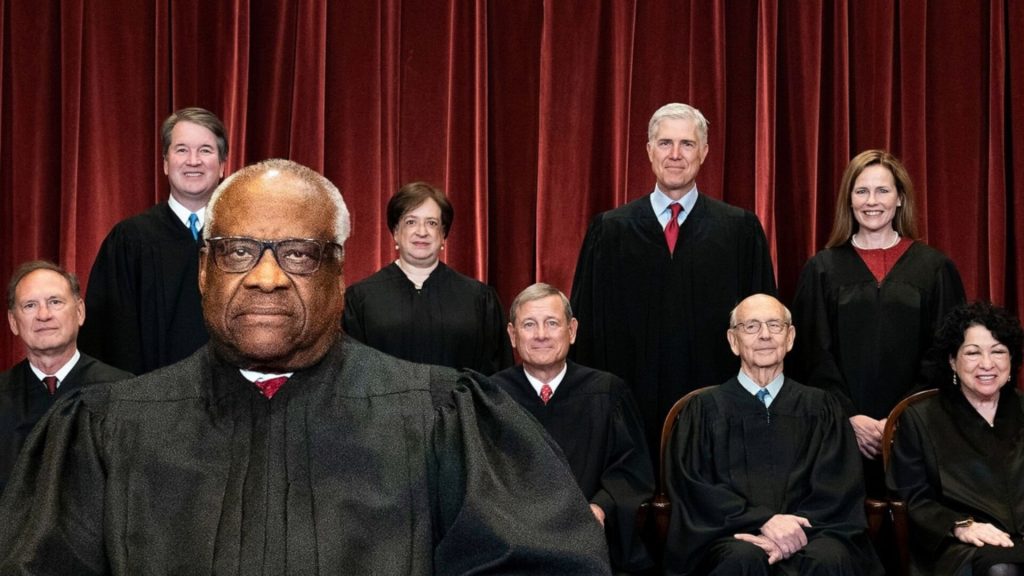
As long as this alliance might be able to reverse the decision of the Murthy case, it shows that the decision to stop all communications between the government and the media will not be successful.

